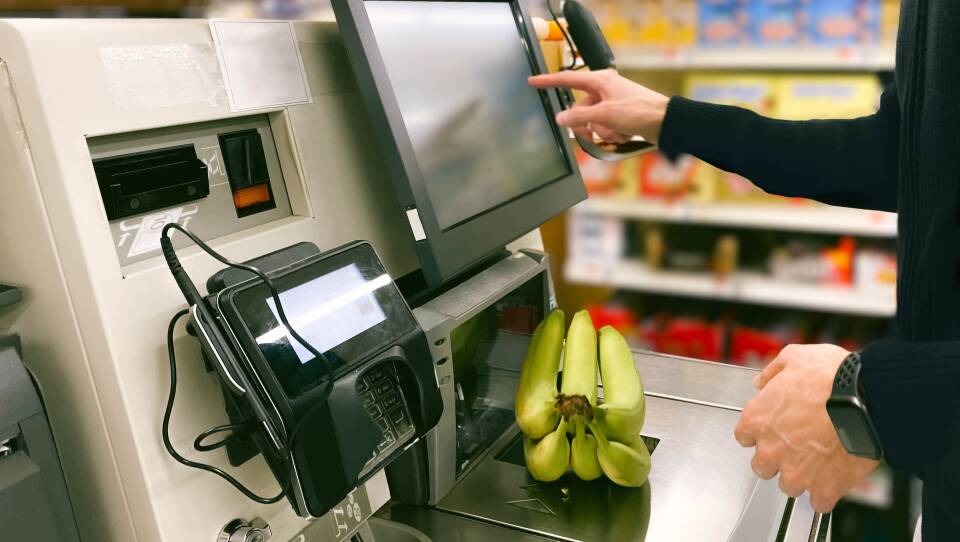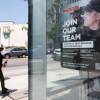We've all become acquainted with self-checkouts since their
launch in the 1980s
"The machines are enormously expensive to install. And as we've all noticed, they're very glitchy, and you constantly have to rescan things," Kummer said.
Mull wrote that "the average four-kiosk setup runs around $125,000" and that the technology is both unreliable and slower than a trained cashier. But shoppers' perception doesn't always match the reality.
"Even if human checkout people are actually faster, you think they're slower because you have to wait in line for them," Kummer said.
Stores initially implemented self-checkout with the idea that it would save money in the long run, because they would be able to decrease staff once shoppers got accustomed to checking out themselves.
But today, employees are still needed at self-checkouts, both to help when kiosks fail and to monitor for potential theft. Stores such as
CVS and Target have addressed this issue
"CVS in Boston has so many items locked on the shelves, and then they trust you to self-checkout?" one anonymous person texted Boston Public Radio.
More Local News
But shoppers calling and texting in to Boston Public Radio were mixed. Some people dismiss them entirely in favor of human interaction.
"It's antisocial to have these automatic checkouts, and especially with people working more from home, I like to go shopping just to see people," said Jamie Buchanan from Rockport.
She added that checkout positions can be "starter jobs" for young adults. Another listener, Juan in Revere, agreed about that benefit.
"On principle, I like to keep people employed. I wait for that human," he said.
But others preferred it, whether for practical reasons or not.
"Especially during COVID, but I don't want somebody else touching my stuff," said Martha, adding that if you know what you're doing, the self-checkout process is easy.
Donna agreed: "I use self-checkout. I think it's fun, get a great feeling of accomplishment when I don't need assistance."
But traditional checkout and self-checkout aren't the only options out there. Andrew in Watertown called in to discuss one alternative that has taken root across the pond — one that's not oriented toward efficiency.
"In the Netherlands, they actually just recently introduced at one grocery chain a line option for, basically, the elderly or anyone who's lonely to
actually have an extended conversation,"








